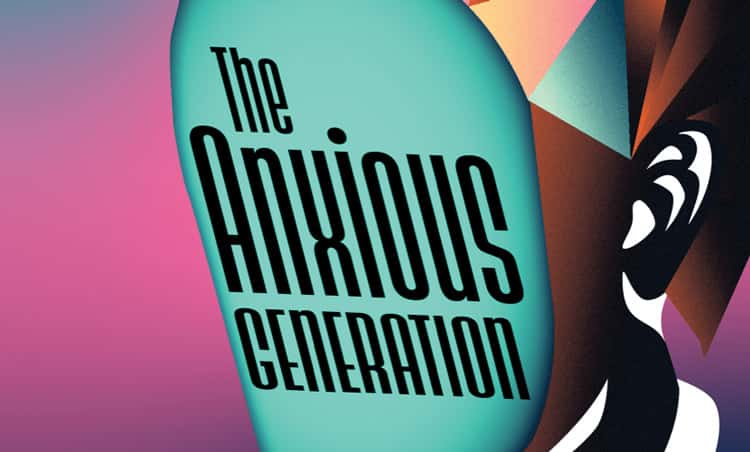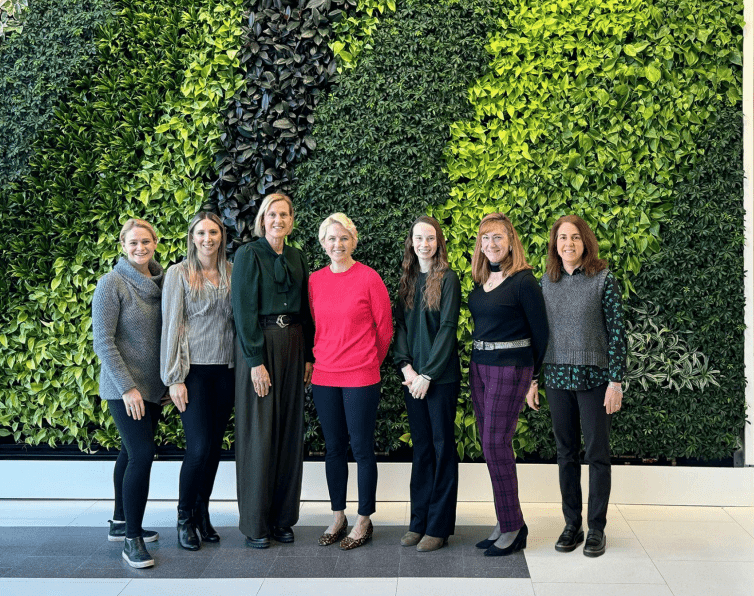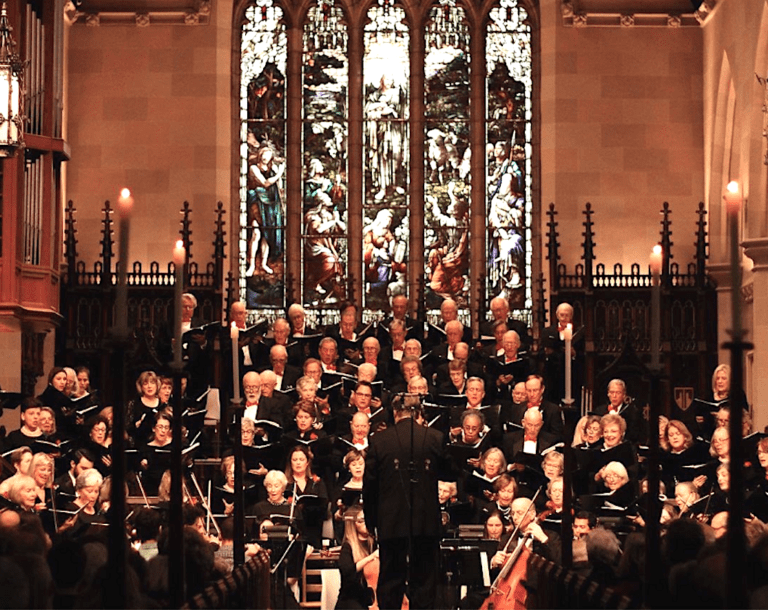
Addressing Anxiety Disorders that Affect 40 million Adolescents
By Icy Frantz

We seem to be living in a time when more is better. We spend more time being busy. We have more choices, more television channels and more food items lining supermarket aisles. We schedule our children with more activities after school and on weekends, and, at the same time, expect them to keep up with their increasing loads of homework. But, while we are doing more, we seem to have less time for meaningful conversation that can be both transformative and healing.
The Nantucket Project is committed to changing lives through meaningful conversation. What began as a small, annual conference gathering of leading thinkers and decision-makers on the small New England island of Nantucket has expanded well beyond the island’s confines and has infiltrated neighborhoods throughout the country. Locally, we have The Mason Street Project, a warm and cozy space that invites our community to be a part of the dialogue on topics relevant to our lives.
Two weeks ago, I attended the first of two evenings presented by The Mason Street Project entitled, “The Anxiety Generation,” a discussion with local professionals who focused primarily on the prevalence of teenage anxiety in today’s society. Dr. Orla Cashman has worked with teenagers for over 25 years, and Dr. Dan Villiers, founder of the Anxiety Institute, led the thoughtful talk in a room filled with a concerned parents, teachers and teens.
Villiers shared his story and intimate relationship with teenage anxiety, treatment and recovery.
“Anxiety made my life very small, and at one point I wondered, does my life end here?”
According to Medical News Today, currently “anxiety disorders are the most common mental illness in the U.S.,” affecting around 40 million adults and adolescents, almost 1 in 5 people. They include: Generalized Anxiety Disorder, Separation Anxiety, Selective Mutism, Panic Disorder, Agoraphobia, Social Anxiety, specific phobias, Obsessive Compulsive Disorder, Acute Stress Disorder, and anxiety due to a medical condition.
We all live with a certain amount of anxiety. It is normal and in fact helpful for survival to feel anxious about dangerous situations. And in our society, it is normal to feel anxious around that which makes us fearful: a test, public speaking, or a job interview, for example. A disorder occurs when that fight or flight feeling turns on at inappropriate times and has a hard time turning off.
A high school teacher in attendance commented, “I am really scared. More and more of my students are being diagnosed with anxiety disorders each year. I have young children and I am concerned about their future.”
So what is going on and what can we do?
Cashman and Villiers touched upon the many causes of increased anxiety in our teenage population and pointed out that the pressure to succeed in a highly competitive community, as well as the escalating dependence on technology and social media, are contributing factors. They also noted that current parenting practices often tend to protect children rather than guide them and ultimately prevent the development of resiliency and strong emotional muscles.
A large portion of the evening was spent considering solutions.
Connect. Explore. Discover
These three words were at the foundation and coincidently aligned perfectly with The Nantucket Project’s overall mission.
Cashman commented, “We need more time and room to connect.” We connect by sharing our stories, the good and the bad. We connect by becoming vulnerable. As a parent and a writer, I have found that when I am honest and vulnerable, I connect on a much deeper level. When one of my sons was anxious about college acceptances, I shared the fact that I did not get accepted into my first choice, and, in fact, only got into one school, and guess what…it turned out ok.
Cashman also pointed out that we need a genuine interest to explore and to be present with each other, by engaging face to face, and looking up from our devices. Exploring has less to do with fact finding and more to do with the uncovering the why’s and how’s of what our children think and feel. Recently, at dinner with one of my sons, we dove deep into his upcoming college semester. Leaving all judgment aside, I pushed below the surface and asked questions that would inspire more than a yes/no answer. What transpired was a real conversation about fears and aspirations, and by dessert, I felt that I understood him a little bit better, and just maybe he will return to college knowing that his parents are truly available and interested in his life.
It is through connection and exploration, Cashman noted, that we get to the third component, discovery. Discovery demands a certain amount of willingness and openness to unearth and possibly alter a current assumption. I have sat on the sidelines of robust political conversation between one son and my husband. Politics can be a pretty hot topic in our country and likewise in our home. Both political science majors at their respective colleges and both having had life experiences that have lead to certain political beliefs, it has been interesting to watch as each of them has defended his own beliefs. For me, a sideliner, I have discovered that my political opinions have been changed by both of them as I listen and try to make sense of the crazy political atmosphere of our nation.
Anxiety is not a feeling that can be pushed aside, pushed through or ignored. It is real and demands attention and treatment. Anxiety disorders are highly treatable.
As I left the warm confines of The Mason Street Project, and walked out into the cold January night, I was struck by the realization that maybe more is better. We need more face-to-face interactions. We need more time to connect, explore and discover. And, we need to find room for more meaningful conversations. The health of our community, our families and our children are dependent upon it.
Next up at The Mason Street Project: February 7, 2019 – Making Sense of a Mad, Mad World with Dr. Joel Gold and Dr. Anthony Bossis
For registration and ticket information, go to NantucketProject.com




